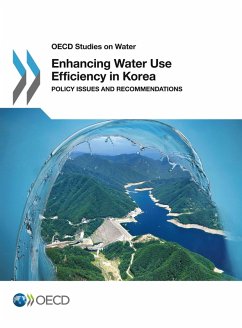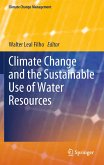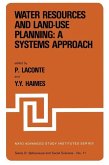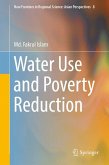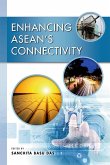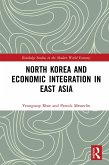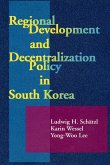The report, building on a policy dialogue with a range of stakeholders in Korea, analyses how economic policy instruments under the responsibility of the Korean Ministry of Land, Infrastructure and Transport can be adjusted to contribute to water policy objectives. It also investigates how Smart Water Management Korea, an initiative by K-water that combines information and communication technology with water technology, can be harnessed to better contribute to water management in the country. Finally, it identifies some of the limitations of prevalent water allocation regimes which need to be addressed to make the best use of available water resources. Since 1965, the Korean Government has invested heavily in quantitative development strategies to meet water needs, and despite highly variable water availability, this has allowed for and facilitated rapid urbanisation and economic growth. However, several long-term trends are expected to affect the capacity of the current water management system to adequately respond to current and future water risks, such as rapid ageing of the population, fiscal consolidation and climate change. These call for a renewed emphasis on water use efficiency.
Dieser Download kann aus rechtlichen Gründen nur mit Rechnungsadresse in A, B, BG, CY, CZ, D, DK, EW, E, FIN, F, GR, HR, H, IRL, I, LT, L, LR, M, NL, PL, P, R, S, SLO, SK ausgeliefert werden.

